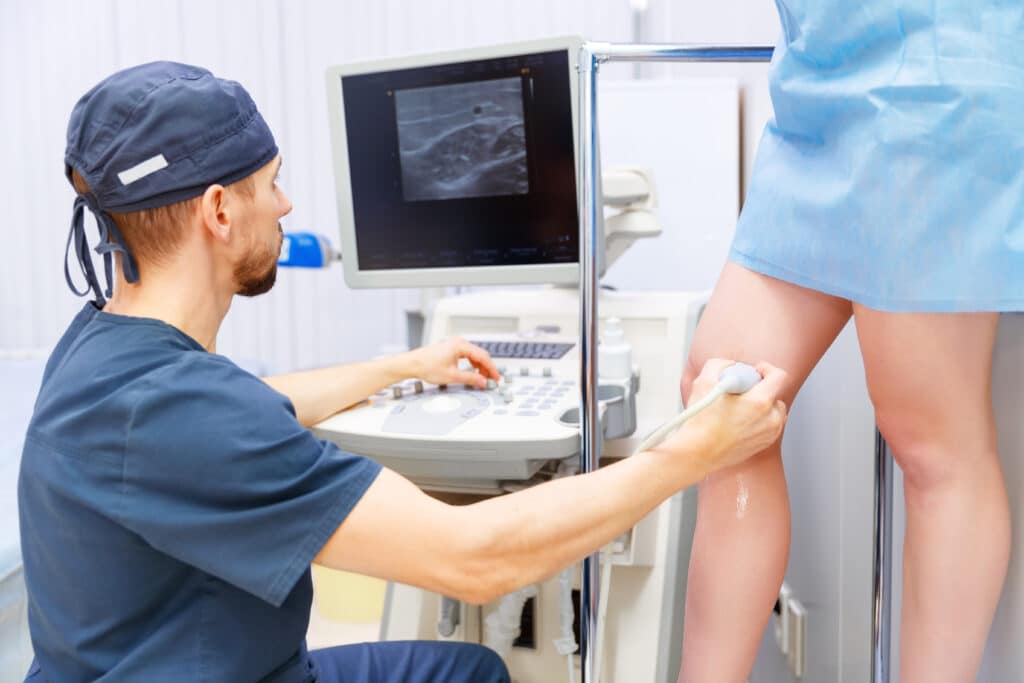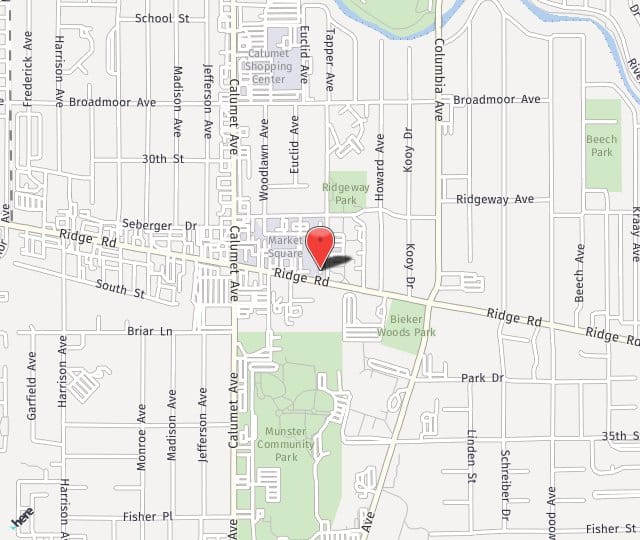If you’ve been dealing with a sore on your lower leg that just won’t go away, you might be facing a venous ulcer. These slow-healing wounds are often linked to poor vein circulation and can be incredibly difficult to treat without the right care.
At Region Vein in Munster, IN, founder Dr. Demetrios J. Karamichos is a board-certified vascular specialist who brings decades of experience to every case. Among the first doctors in the country to earn board certification from the American Board of Venous and Lymphatic Medicine, he started Region Vein in 2020 with the goal of helping our patients improve their vascular and whole-body health through innovative, modern procedures.
Wound healing is one of the most impactful procedures Dr. Karamichos and our team perform. It has the potential to prevent severe complications like amputation. It all begins with understanding why chronic wounds are so stubborn and hard to heal.
Why Do Venous Ulcers Form?
The reason venous ulcers are so difficult to heal isn’t just about the wound itself. It’s what’s happening beneath the skin. Venous ulcers are caused by chronic venous insufficiency, a condition where the valves in your leg veins stop working efficiently.
When this happens, blood pools in the lower legs instead of flowing back up toward the heart. The pressure and swelling from that pooled blood can stretch the veins, causing varicose veins. Beyond that, it can damage the surrounding skin, making it highly vulnerable to breaking open. Even small wounds can turn into serious ones because they heal too slowly.
When wounds are open and slow to heal, they’re vulnerable to bacterial infections. These infections can spread beyond the skin, moving into the bone or even throughout the whole body.
You can’t solve underlying circulation issues with a simple bandage or cream. Unless the root problem—venous insufficiency—is treated, these ulcers will keep coming back.
Treatments For Venous Ulcers
Dr. Karamichos performs a thorough evaluation using advanced diagnostics like duplex ultrasound, then designs a personalized wound healing plan. You may need advanced treatments for venous insufficiency, such as endovenous ablation or ultrasound-guided foam sclerotherapy. Wound care strategies can also include compression therapy, antibiotics, antimicrobial dressings, negative pressure wound therapy, or other advanced techniques.
Advanced Venous Ulcer Care in Munster, IN
Have a wound that won’t heal? We can help. Call 219-595-3095 to schedule your consultation with Dr. Karamichos.



